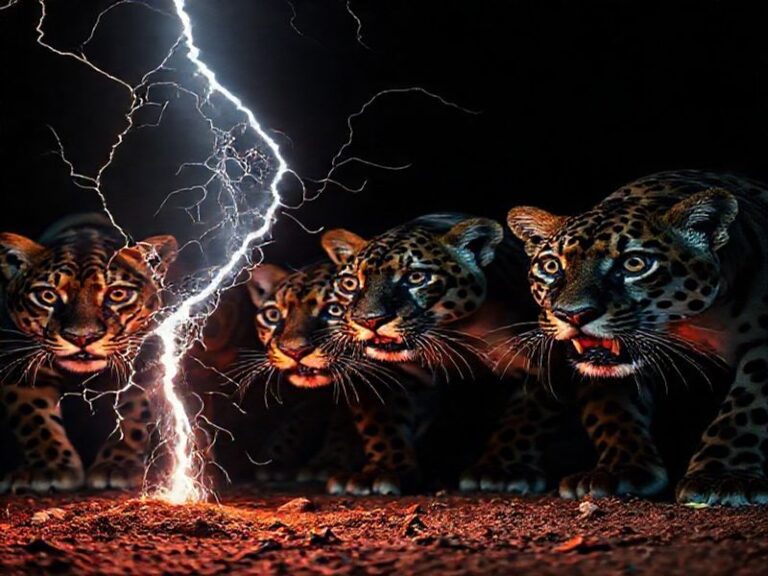From Schrute to Global Guru: How Rainn Wilson Accidentally Became the UN’s Favorite Climate Comic
Rainn Wilson: How a Paper-Selling Schrute Became the Planet’s Unlikely Moral Compass
By Our Man in Copenhagen, Still Wondering When Satire Died
If you had told a roomful of mid-2000s cubicle drones that the beet-farming, Battlestar-loving oddity on their screens would one day be schooling the United Nations on climate grief, they’d have assumed you’d licked too much printer toner. Yet here we are: Rainn Wilson, the man who weaponized eyeglass retainers, now spends his time convincing Davos delegates that the Arctic isn’t merely “having a moment.” Somewhere, Dwight K. Schrute is muttering “False” into a beet-shaped Bluetooth earpiece.
But the joke’s on us, because Wilson has done the one thing most celebrities eventually attempt yet rarely achieve—he’s made the pivot from beloved clown to globe-trotting conscience without triggering global cringe. The trick? Embracing the absurdity of the entire spectacle. While other stars hire private jets to lecture us on carbon footprints, Wilson flew commercial to Greenland, filmed himself chipping ice off a melting glacier, and promptly named it “Bob” because, as he put it, “If we’re going to watch something die, we might as well be on a first-name basis.” Dark? Absolutely. Effective? The segment trended in 37 countries, including several that still think recycling is a kind of cardio.
The international significance here is subtle but telling. In an era when superheroes are franchised and revolutions are sponsored, Wilson’s approach feels almost quaint: one human, armed with nothing but a smartphone and a willingness to look ridiculous, reminding us that planetary collapse is simultaneously the biggest and most banal crisis imaginable. From Lagos to Lahore, viewers seem to appreciate the honesty; his YouTube climate mini-docs routinely outperform regional news segments on the same topic, probably because he’s the only correspondent willing to admit he has “no idea what I’m doing, but neither does your minister of environment.”
Of course, cynics will note that Wilson’s activism is itself a brand extension—another revenue stream disguised as virtue. And they’re not wrong. His new book, Soul Boom: Why We Need a Spiritual Revolution, is being translated into 14 languages, including Icelandic, a country whose entire population could fit inside a mid-tier Costco. Publishers didn’t greenlight global distribution out of altruism; they saw numbers. Yet even here, Wilson’s meta-wink saves him: at the Berlin launch, he opened by thanking “capitalism for allowing me to critique capitalism in hardcover.” The German audience, professionally trained to detect irony since 1945, actually applauded.
Meanwhile, the United Nations Office for the Coordination of Humanitarian Affairs—an outfit whose acronym (OCHA) sounds like a sneeze—has begun deploying Wilson’s short-form videos in refugee-camp cinemas from Jordan to Bangladesh. The logic is brutally simple: when life gives you displacement trauma, a five-minute clip of a goofy American hugging a glacier named Bob apparently triggers enough cognitive dissonance to restart conversation. Aid workers report that post-screening Q&As quickly veer from “How do I apply for asylum in Finland?” to “Do you think Bob will make it till December?” That’s a pivot most policy papers can’t pull off.
Naturally, not everyone is thrilled. Russian state television recently dismissed Wilson as “a Hollywood insect buzzing around the corpse of Western decadence,” which, coming from a country currently harvesting Ukrainian grain to fund bot farms, is almost poetic. China’s censors have trimmed his glacier footage, presumably worried viewers might connect disappearing ice with disappearing Uyghur rights. And in the United States, a certain cable network devoted 22 minutes to debunking “Bob,” arguing glaciers have always melted and re-formed, just like Hunter Biden’s laptop. Somewhere, irony filed for worker’s comp.
Yet the broader significance endures. In a fragmented media landscape where every nation has its own bespoke reality, Wilson offers a rare shared reference point—equal parts punchline and prophet. He’s the living embodiment of the old truism that if you can make people laugh, you can smuggle truth past their defenses like duty-free whiskey. The world doesn’t need another earnest celebrity with a cause; it needs one who admits the cause might already be lost but shows up anyway, possibly because the catering is decent.
So when the last glacier sighs into the sea and the final spreadsheet is auto-saved to the cloud, archaeologists may unearth a hardcover copy of Soul Boom wedged between a melted ski goggle and a Dwight Schrute bobblehead. They’ll likely chuckle, shrug, and mutter, “Typical humans—couldn’t save the planet, but at least they died entertained.” Rainn Wilson would probably call that a win.







